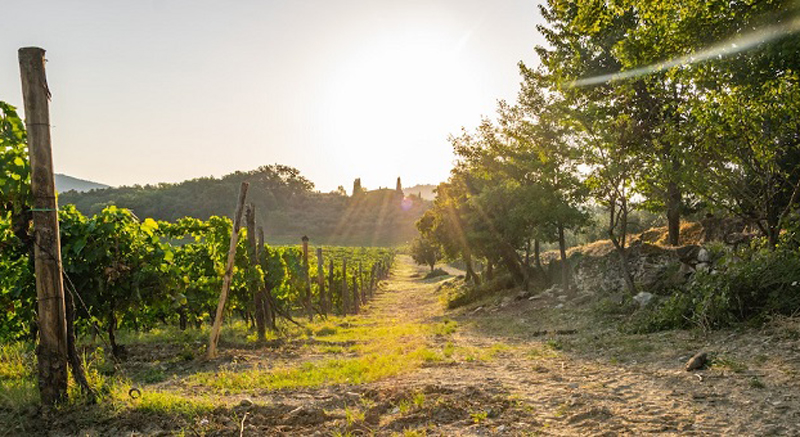13th Sunday of Ordinary Time
Call to worship
As Jesus journeys to Jerusalem, he and his disciples encounter several conflicts. There always are obstacles on life’s journey. When we face them with faith and conviction, our freedom is strengthened.
- To the point: As Jesus “resolutely determine(s) to journey to Jerusalem,” he encounters a number of conflicts. Jesus is not welcome in a Samaritan village, he rebukes disciples who want to take revenge, he predicts the lack of comfort and security for his followers; he chides those who have excuses for not immediately following him. These conflicts arise because the journey to Jerusalem entails death: dying to self in facing this journey’s conflicts and death at this journey’s end. Nevertheless, the journey must be made — by Jesus, by his disciples, by us — because this is the only journey that leads to life.
- Connecting the Gospel (Luke 9:51-62) to the first reading: Just as the continuation of Elijah’s prophetic mission was assured by the call of Elisha, so is the continuation of Jesus’ saving mission assured by the call of disciples who follow him on his journey through death to life.
- Connecting the Gospel to experience: Often, opposition and conflict enable us to clarify our goals, strengthen our conviction and increase our courage in pursuit of a vision. So it is with the inevitable conflicts that arise when we follow Jesus on the journey through dying to new life.
Centering prayers
The Gospel
(Luke 9: 51-62)
But he answered him, “Let the dead bury their dead.
But you, go and proclaim the kingdom of God.”
Jesus, you say to us, “Follow me.
Go, proclaim the kingdom of God.”
Deepen our trust. Loosen our attachments,
so many they may be, and whatever
fastens us also to our safe spots.
Allow us to go where you call us today:
fields of war and bias, whatever
destroys our climate, wherever there is
hunger and violence.
Let us take your kingdom everywhere in our day.
And let us lay our heads where you lay yours.
The First Reading
(I Kings 19: 16b, 19-21)
He used the plowing equipment for fuel to boil their flesh,
and gave it to his people to eat. Then Elisha left and followed Elijah.
Elisha left his fields to follow the prophet.
James and John let go of their nets
so they could follow Jesus.
Lord, when you call us daily, in our normal lives,
help us leave whatever we are doing
and come follow you.
The Second Reading
(Galatians 5:1, 13-18)
The whole law is fulfilled on one statement, namely,
“You shall love your neighbor as yourself.”
Christ, are you saying that in giving we receive?
That we are set free when the walls of our
enclosed selves are knocked down?
Please say it loudly, again and again.
Let us love our neighbor as you love us.
That is our freedom. That is our joy.
Copyright © 2022, Anne M. Osdieck
Music for reflection
